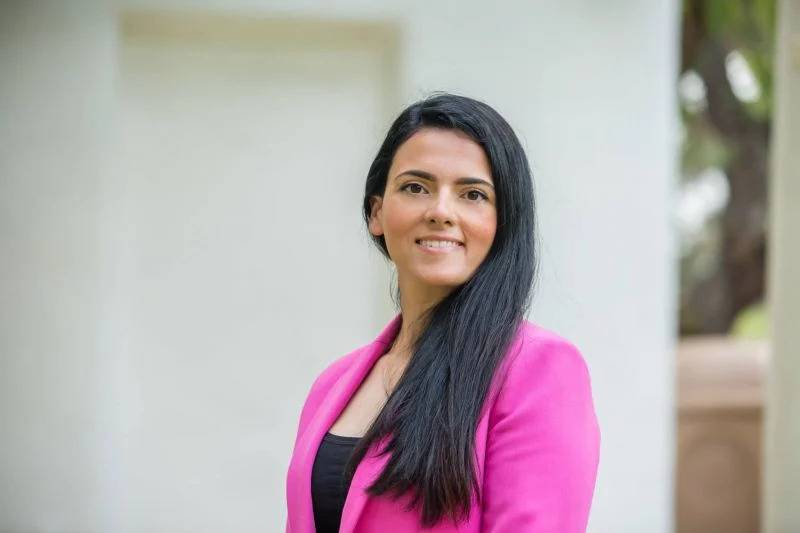
Elissa Haddad, a researcher at the University of San Diego. (Credit: Exelerate)
WASHINGTON — “I wanted to understand why these Lebanese have succeeded in the United States and how they perceive their success.” Elissa Haddad, a researcher at the University of San Diego, said when asked what motivated her to devote a study to this unique community.
Her interest in the subject was inspired by a book The Triple Package by Amy Chua and Jed Rebenfeld, which lists successful communities in the US, including the Lebanese diaspora.
“If you compare them to other migrants, you can see that the Lebanese have cultural advantages that allow them to make the most of the opportunities that the US offers them,” Haddad claimed to L’Orient-Le Jour.
Haddad’s study is based on the testimonies of 398 men and women who all answered 80 questions. They include doctors, businessmen, researchers, engineers and professors. They have advanced degrees and work in sectors as varied as technology and the restaurant industry.
But first, how did the researcher define success? The economic factor is key, she said. Salary is one indicator she considered.
The majority of those surveyed reported a gross annual salary of more than $150,000.
In addition to the economic factor, Haddad wanted to explore other parameters, such as happiness and integration into society. What intrigued her was the “adversity” that the interviewees had experienced in common.
They all talk about “the trials, difficulties or misfortunes they faced in Lebanon that pushed them to succeed.”
The researcher cites two types of adversity: internal and external.
Internal adversity comes from difficulties that affect the individual or family, such as growing up in poverty.
“When I was in Lebanon, we were in poverty. I started working at a very young age,” said Salim, one of the interviewees.
Marwa, another interviewee, said: “I was physically and morally abused when I was a child. This is what marked me the most.”
As for external adversity, it comes from elements beyond the control of the individual, such as instability, political unrest and security problems. And these problems abound in Lebanon.
Education is key
Another factor to consider is the length of time spent in Lebanon, which affects the “success” of the interviewees.
When they were born in Lebanon and lived there for more than 14 years, they have a greater “fighting spirit” compared to other profiles.
These Lebanese-Americans also place great importance on their personal education. This allows them to be more successful. But that’s not all.
Haddad pointed out that they share common cultural traits that were previously highlighted in The Triple Package and that form an odd combination: a sense of pride, insecurity and resilience.
“The first two are positively correlated with resilience. It makes them more successful,” she noted.
Haddad also noted a tendency among interviewees “to fit in easily” in their new environment.
“This not only boosts their earnings but also improves their economic and social conditions,” she said.
Lebanese people who have succeeded economically in America have another trait in common: they are most satisfied when they regularly send money back to their home country.
Even when thousands of miles away, their attachment to Lebanon remains a key source of satisfaction.
This article was originally published in French in L’Orient-Le Jour. Translation by Sahar Ghoussoub.
